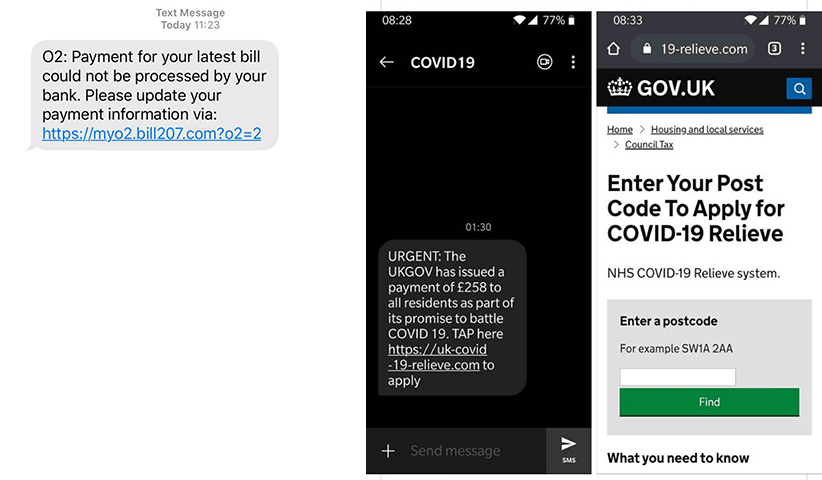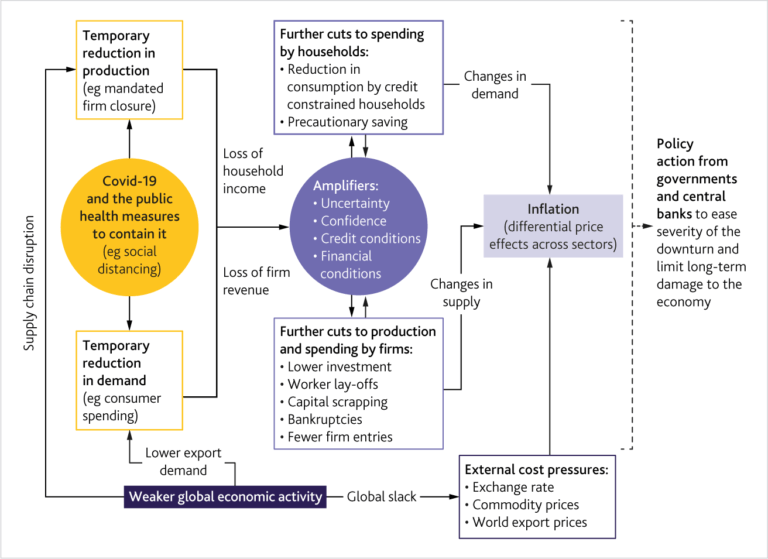Brits lost £4.7m to coronavirus related scams
Money Talk is intended to inform and educate; it's not financial advice. Affiliate links, including from Amazon, are used to help fund it. If you make a purchase via a link marked with an *, Money Talk might receive a commission at no cost to you. Find out more here.
It’s sad but no surprise that coronavirus related scams have shot up.
Action Fraud reported that, to date (29 May 2020), there have been 2,057 victims of coronavirus-related scams.
In total, they were scammed out of just under £4.7m – that’s almost £2,300 each.
And that’s only what’s been reported to the police.
Most popular scams
Some of the most frequently reported scams include:
- Courier: someone offers to do your shopping for you and then steals your card and pin
- Online shopping/auction: the items you buy never arrive, especially where sale of pets and PPE are involved
- Computer software service: someone “helps” to fix your IT problems and then installs software to steal your details
- Lender loan: you’re asked to pay an upfront fee in order to be approved for a non-existent loan
- Pension liberation/investment: you’re offered a non-existent investment opportunity, paid for using your pension or other money
- Direct debit mandate: a con artist asks you to change your direct debit by pretending to be someone you normally pay
- Phishing: emails containing software that could help fraudsters steal your information
Similar scams are also being used to target businesses.
Worryingly, there are fraudsters offering to sell vulnerable people fake masks, Covid-19 testing kits and even vaccines.
Asking people to donate to the NHS via bank transfers is another popular scam.
Some have even created elaborate dummy websites – made to look like the official gov.uk or TV licensing websites – to capture people’s billing information.
The scams aren’t just limited to emails and phones – they happen in person too.
What it means for you
Always keep an eye out for yourself and on behalf of family and friends.
Action Fraud has a dedicated Covid-19 page where you can keep up to date with coronavirus-related scams.
Major banks also have dedicated pages on the scams that are currently being circulated, with specific instructions for customers.
They may also have examples of the scam in action, such as this one from Nationwide.

You can report any scam emails you receive to the National Cyber Security Centre by simply forwarding it to: report@phishing.gov.uk.
If you’ve been a victim of fraud, your first step is to report it to Action Fraud.
Most banks will only start looking into refunding you if you have a crime reference number.
Read more: How scam victims can get their money back






